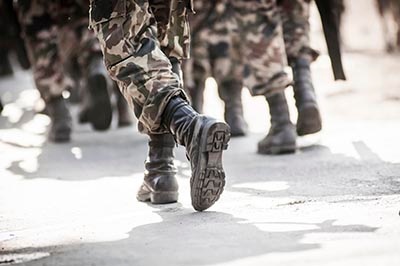As the prescription drug abuse crisis continues to grow nationwide, men and women across the country (as well as here in South Carolina) are arrested and charged in greater numbers for unlawful possession of prescription drugs.
Laws on drugs, whether on simple possession or more complex issues like intent to distribute, are generally codified by the states. This means that laws on possession in California are likely to be very different than those here in South Carolina. Today, we'll take a look at South Carolina's laws surrounding possession of prescription drugs and what could happen if you are caught ingesting or in possession of these drugs without a doctor's prescription.





